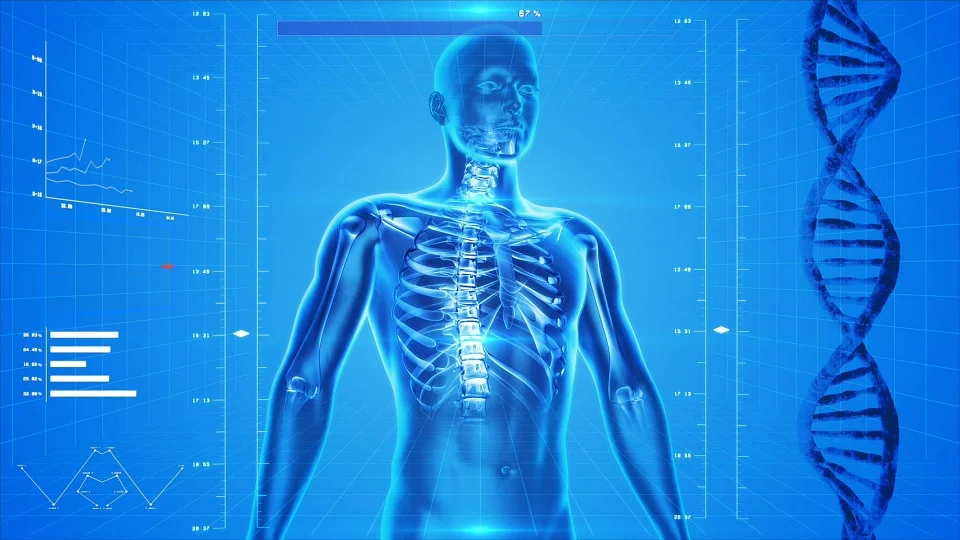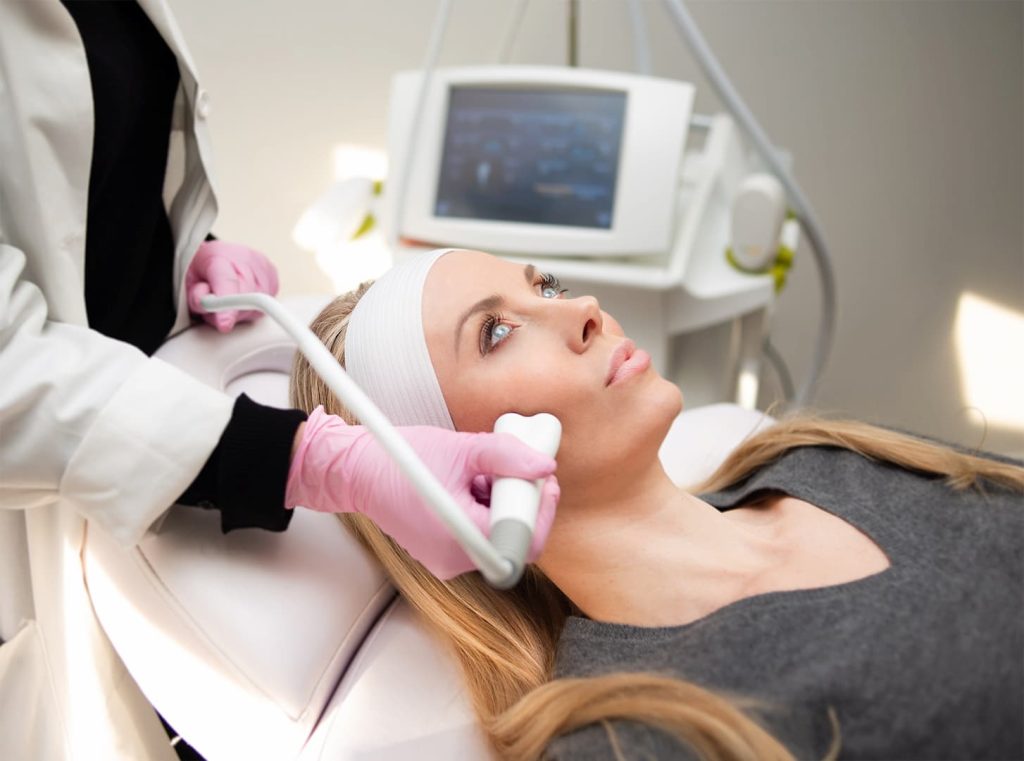It seems like every day there is a new advancement in technology that has the potential to completely transform healthcare. From virtual reality simulations for training medical professionals to Google Glass prescriptions and intelligent robots that can assist with surgeries – the possibilities are endless!

It can be hard to keep up with all of the amazing new technology that is emerging, but it is definitely worth paying attention to these advancements, as they have the potential to make a real difference in the quality and accessibility of healthcare. In this blog post, we will explore some of the most exciting advances in technology and see how technology is transforming healthcare at home.
Healthcare Industry
In recent years, there has been a growing demand for healthcare technology solutions, as hospitals and other healthcare organizations seek to improve efficiency and quality while reducing costs. Healthcare technology companies are well-positioned to help meet this demand, and they are poised to make a significant impact on the future of healthcare. Since technology plays a very big part in this, let’s explore how it has slowly, but surely, been transforming healthcare.
How Technology Is Transforming Healthcare
In healthcare, technology is transforming the way we diagnose and treat patients. In the past, healthcare was often reliant on trial and error, with doctors relying on their experience to make decisions about treatment.
However, thanks to advances in healthcare technology, we now have access to a wealth of data that can be used to improve patient care. For example, electronic health records give us a more complete picture of a patient’s medical history, making it easier to spot potential problems.
And diagnostic tests such as MRI and CT scans provide detailed images of the human body, helping doctors to identify diseases and conditions more accurately. As healthcare technology continues to evolve, we can expect even more transformative changes in the way we provide care for our patients.
Healthcare Technology Companies
Healthcare technology companies are those that create and provide products or services that are used to improve patient care and health outcomes. Healthcare technology solutions can encompass a wide range of applications, from electronic health records and telemedicine to clinical decision support tools and medical devices.
Healthcare technology companies play a vital role in the delivery of care, and their products and services are essential for enhancing patient safety and quality of care. These are some of the companies that have paved the way for innovation and personalization in terms of at-home healthcare:
- Tempus
- Flatiron Health
- Kyruus
- VillageMD
- Collective Health
- Rally Health
- Wellframe
- Verge Genomics
Healthcare Industry Trends in 2022
When it comes to healthcare technology trends, there are many innovations to keep an eye on. In this section, we’ll explore the most intriguing ones.
Non-Invasive Beauty Treatments

Skincare technology is one of the fields where technology has really made an impact in the past couple of years. Before, the most common beauty procedures required a surgical approach and had many downsides that patients weren’t thrilled about. However, in recent years, we’ve noticed a surge in different skincare devices and facial tools that changed the way personal woman’s care works.
For example, instead of having to undergo facelifts or liposuctions and deal with serious downtime, today you can easily get the same results by using fillers, lasers, or products like Kybella that kill off fat cells and give you a slimmer appearance.
Telehealth
Telehealth is yet another big innovation that is especially useful for individuals who suffer from disabilities or other issues that make it difficult for them to visit doctors on a regular basis. Telehealth and mobile technology experienced a massive expansion during COVID-19 when hospitals were overburdened with new patients. Some benefits of this type of in-home personal care are:
- Convenience
- Better healthcare access for individuals who live in rural areas
- More personalized healthcare
- Less crowding in hospitals
- Ability to receive instant care when needed
Integrated Medical Technologies
Lastly, we will discuss integrated medical technologies. We have briefly mentioned things like digital healthcare records, but it goes far beyond that. Here are some additional digital technology innovations that are transforming healthcare as we know it:
- Medical IoT – this includes medical wearable devices, monitors, and mobile and web applications that were created to make patient care easier and more effective. All these devices are connected to the cloud where doctors can directly monitor the patient’s progress regardless of the patient’s location. Nowadays, you can find digital glucometers, fitness bands, blood pressure monitors, heart rate monitors, etc.
- Artificial Intelligence – artificial intelligence is transforming every single industry and healthcare is no exception. Artificial intelligence in healthcare is commonly used in combination with IoT devices and it entails the use of advanced technology to collect and sort data. Some companies are even working on AI software that will be able to diagnose patients by analyzing their symptoms and suggesting possible diagnosis and treatment options.
- Remote patient monitoring – allows doctors to check in on their patients anytime using different digital wireless devices we mentioned above. These devices aggregate data in real-time, allowing doctors to react promptly when needed.
Conclusion
While it can be daunting to keep up with all of the new healthcare technology that is emerging, it is definitely worth paying attention to these advancements. They have the potential to make a real difference in the quality and accessibility of healthcare at home. We hope that this article has inspired you to stay up-to-date on the latest advancements in technology and that you will continue to explore how these technologies can improve healthcare for everyone.











